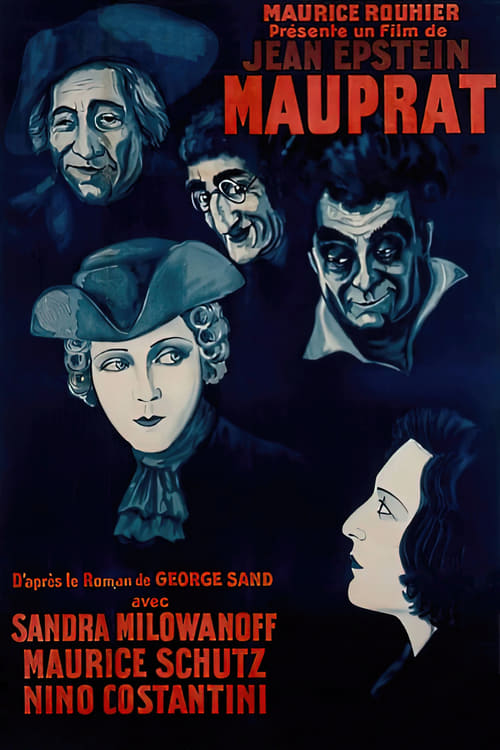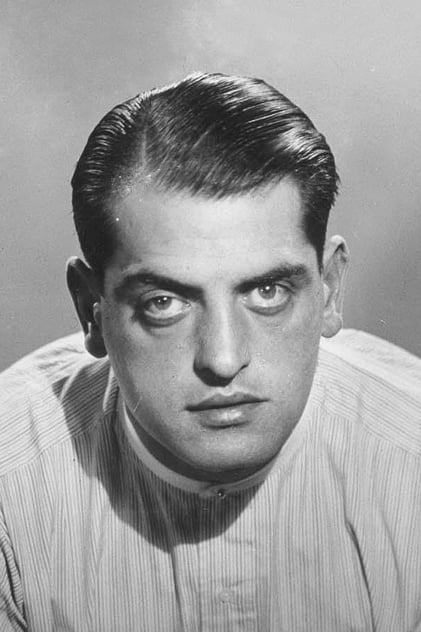
Luis Buñuel
Luis Buñuel Portolés (Spanish: [ˈlwis βuˈɲwel poɾtoˈles]; 22 February 1900 – 29 July 1983) was a Spanish filmmaker who worked in France, Mexico, and Spain. He has been widely considered by many film critics, historians, and directors to be one of the greatest and most influential filmmakers of all time. Buñuel's work was known for its avant-garde surrealism which was also infused with political commentary and social satire. Often associated with the surrealist movement of the 1920s, Buñuel made films from the 1920s through the 1970s. He collaborated with prolific surrealist painter Salvador Dali creating the films Un Chien Andalou (1929), which was made in the silent era and L'Age d'Or (1930). The two films are seen as the birth of Cinematic surrealism. From 1947 to 1960 he developed his skills as a director filming in Mexico making grounded and human melodramas such as Gran Casino (1947), Los Olvidados (1950), and Él (1953). Here is where he gained the fundamentals of storytelling. Buñuel than transitioned into making artful, unconventional, surrealist, and political satirical films. He earned acclaim with the morally complex arthouse drama film Viridiana (1961) which criticized the Francoist dictatorship. The film won the Palme d'Or at the 1961 Cannes Film Festival. He then criticized political and social conditions in The Exterminating Angel (1962), and The Discreet Charm of the Bourgeoise (1972) the later of which won the Academy Award for Best International Feature Film. He also directed Diary of a Chambermaid (1964), and Belle de Jour (1967), as well as his final film That Obscure Object of Desire (1977) the later of which earned the National Society of Film Critics Award for Best Director. Buñuel earned five Cannes Film Festival prizes, two Berlin International Film Festival prizes, and a BAFTA Award as well as nominations for two Academy Awards. Buñuel received numerous honors including National Prize for Arts and Sciences for Fine Arts in 1977, the Moscow International Film Festival Contribution to Cinema Prize in 1979, and the Career Golden Lion in 1982. He was nominated once for the Nobel Prize in Literature in 1968. Seven of Buñuel's films are included in Sight & Sound's 2012 critics' poll of the top 250 films of all time.
- Known ForDirecting
- Born21 February 1900 (age 126)
- Place of BirthCalanda, Teruel, Aragón, España
Luis Buñuel

- Known ForDirecting
- Born21 February 1900 (age 126)
- Place of BirthCalanda, Teruel, Aragón, España
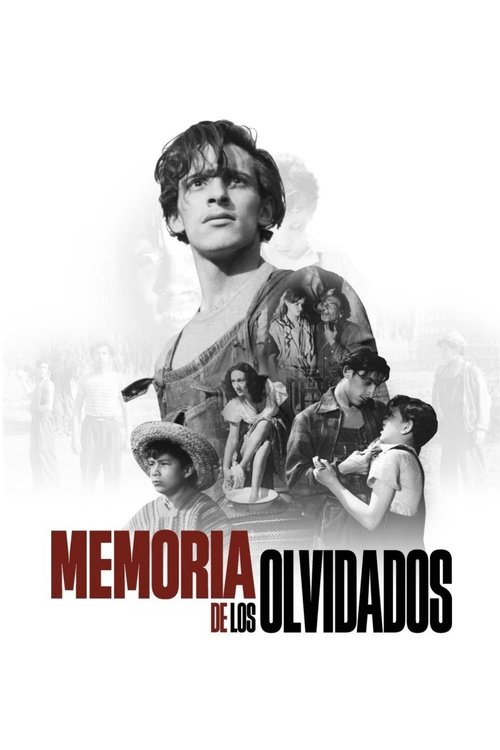
Memoria de Los Olvidados
2025
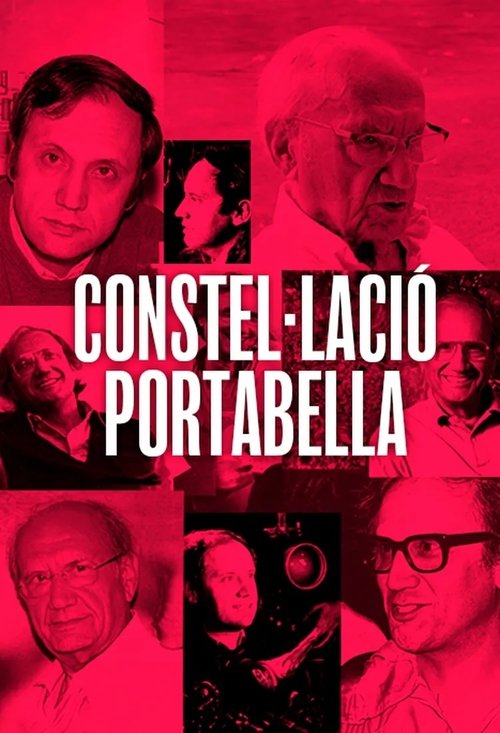
Constel·lació Portabella
2024
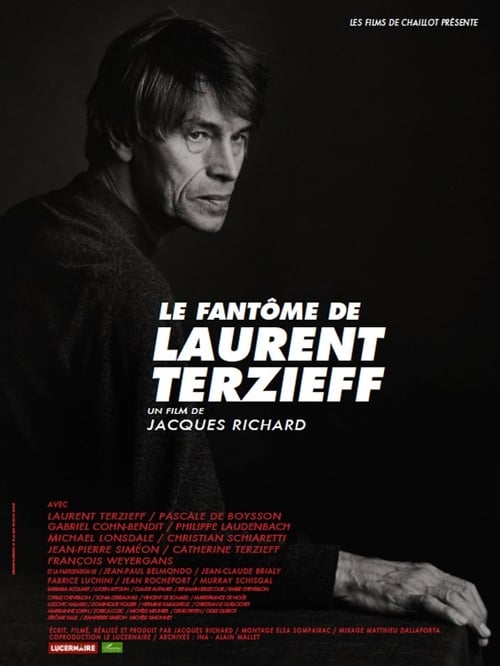
Le Fantôme de Laurent Terzieff
2020
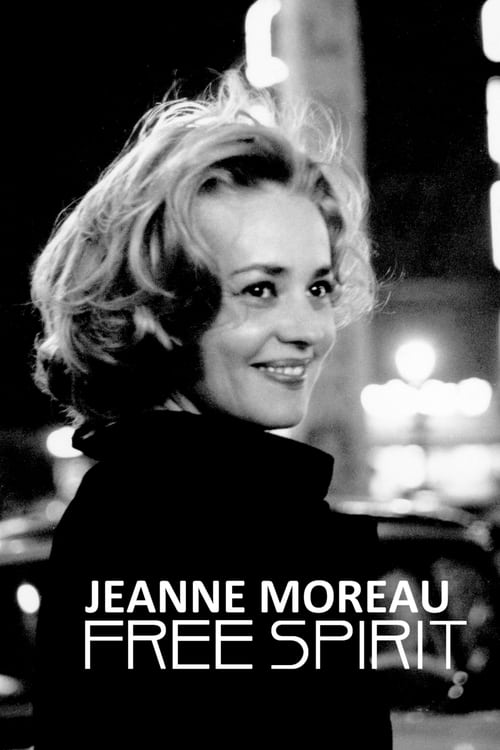
Jeanne Moreau: Free Spirit
2018
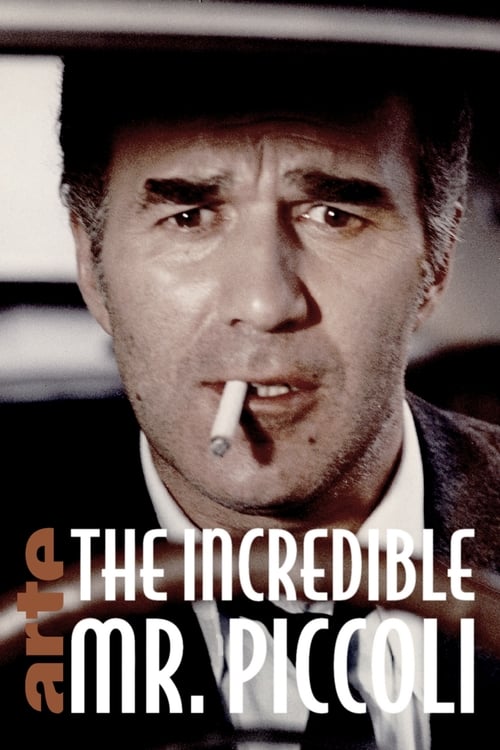
The Incredible Mr. Piccoli
2017
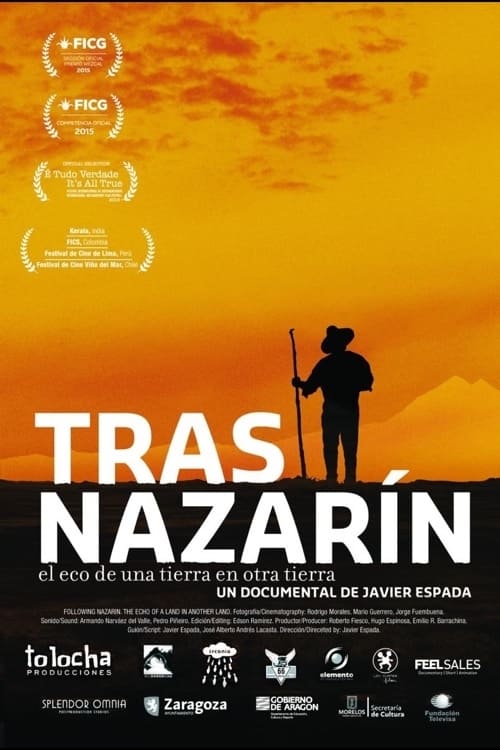
Tras Nazarin: Following Nazarin
2015

Discovering Buñuel
2012
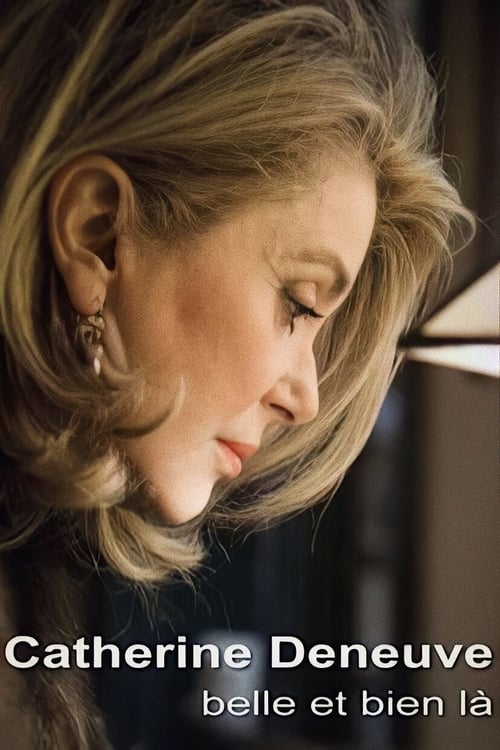
Catherine Deneuve, belle et bien là
2010

tvSSFBM EHKL
2001

Eating Sea Urchins
2000
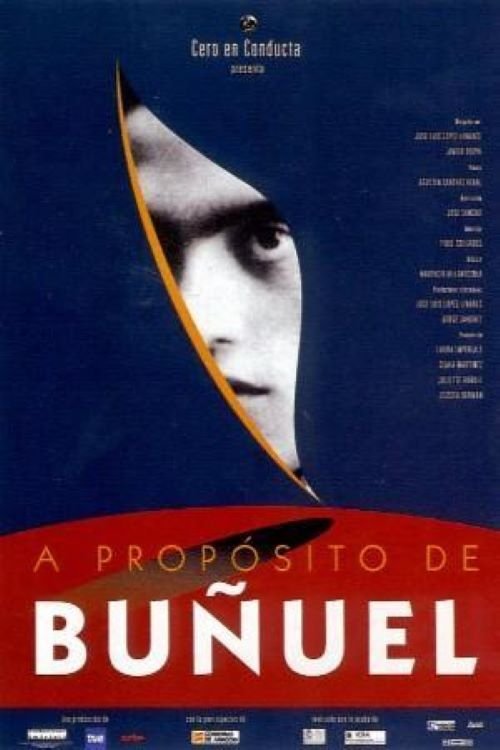
Speaking of Buñuel
2000
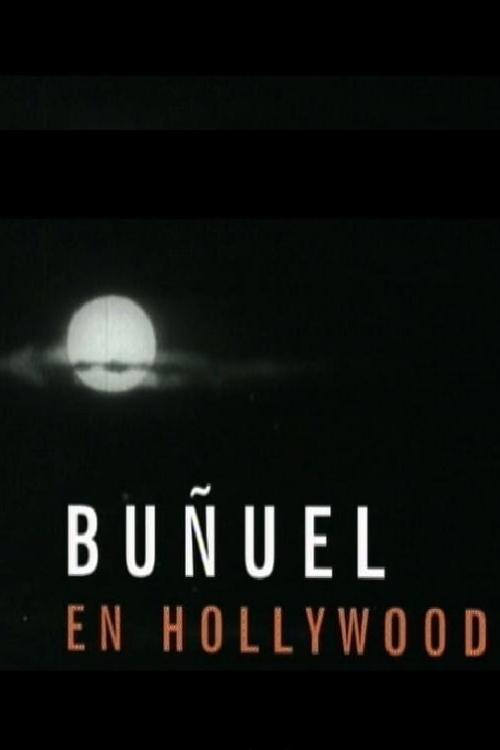
Buñuel in Hollywood
2000
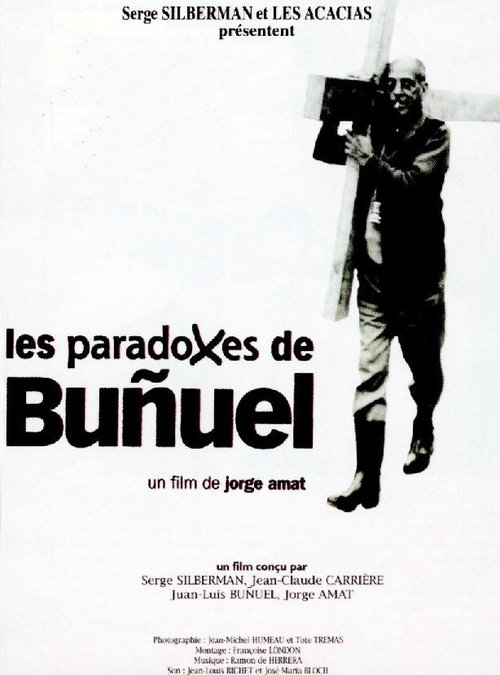
Les paradoxes de Buñuel
1998

A Mexican Buñuel
1997
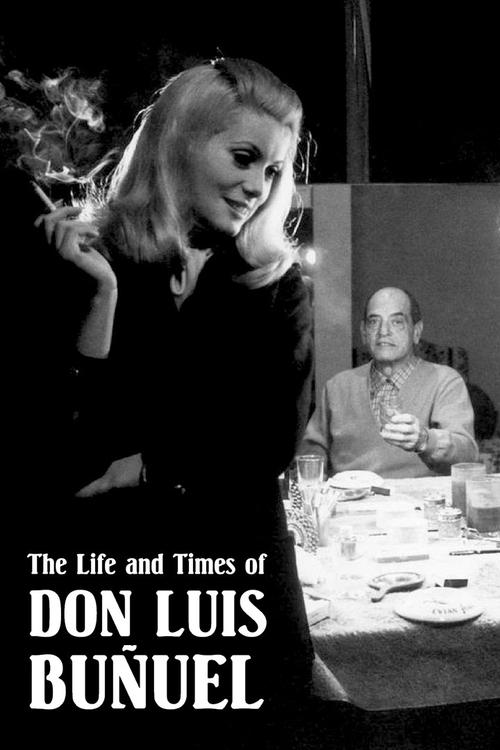
The Life and Times of Don Luis Buñuel
1984

Buñuel
1984
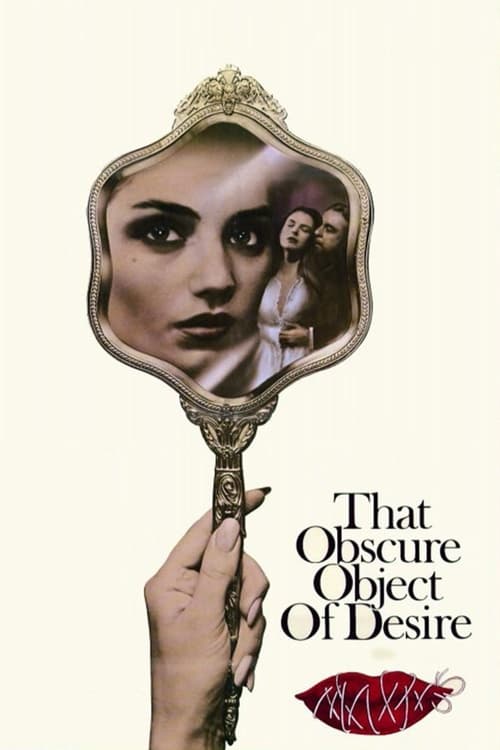
That Obscure Object of Desire
1977
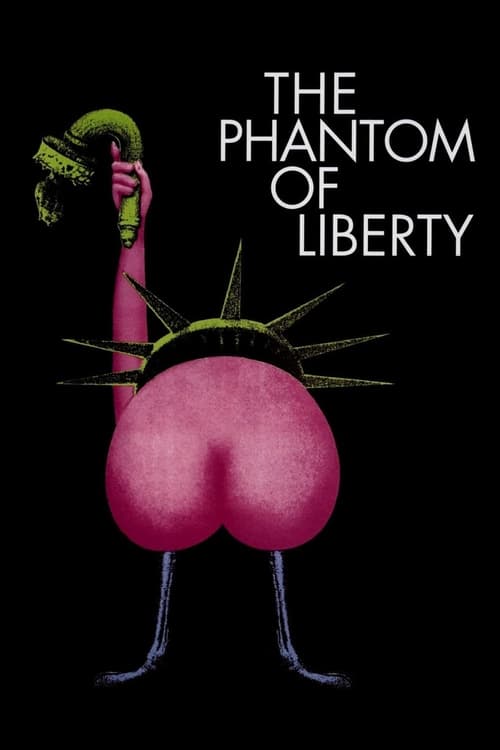
The Phantom of Liberty
1974
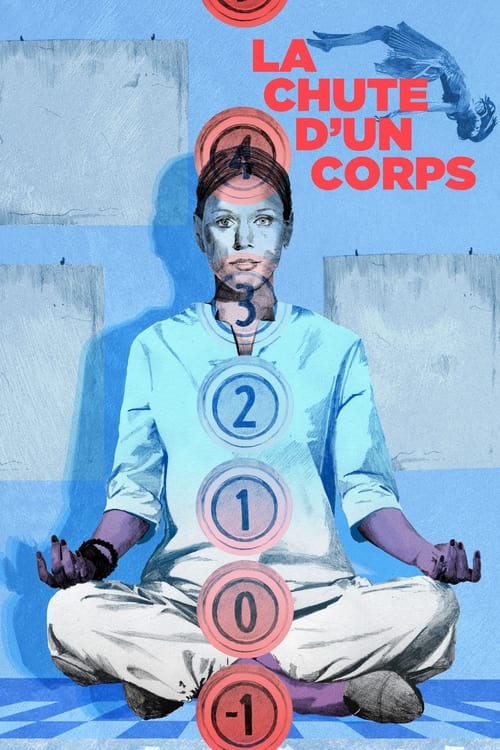
Fall of a Body
1973

The Discreet Charm of the Bourgeoisie
1972
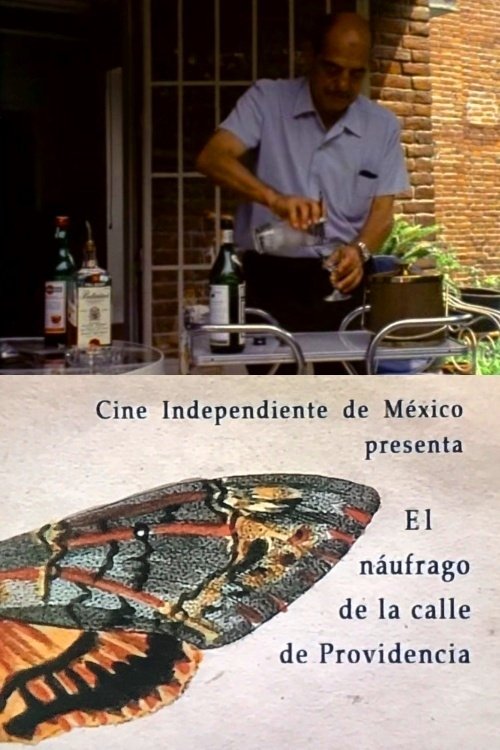
The Castaway on the Street of Providence
1971
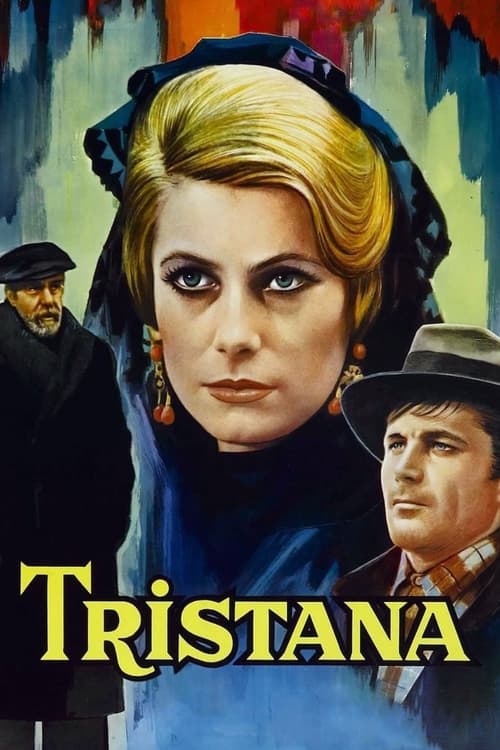
Tristana
1970
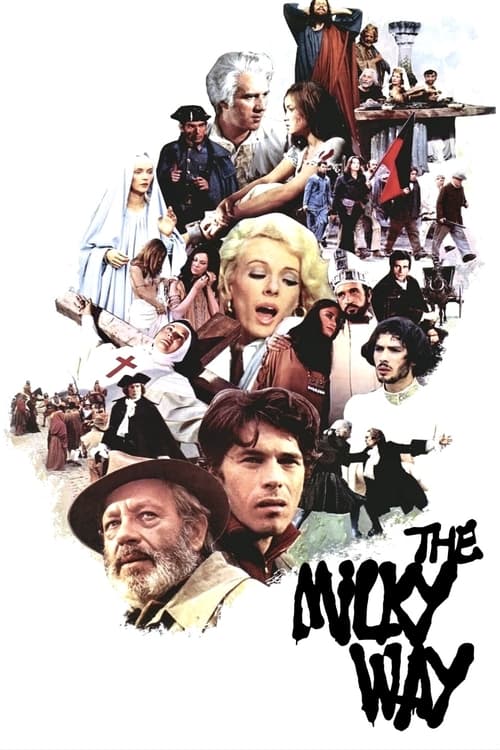
The Milky Way
1969
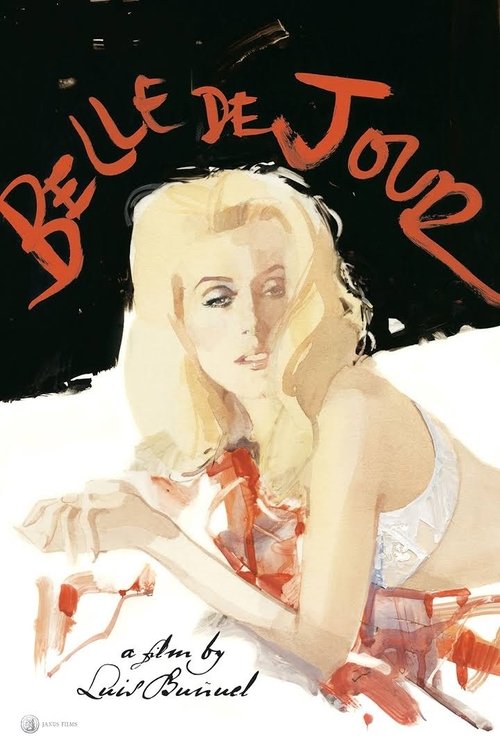
Belle de Jour
1967
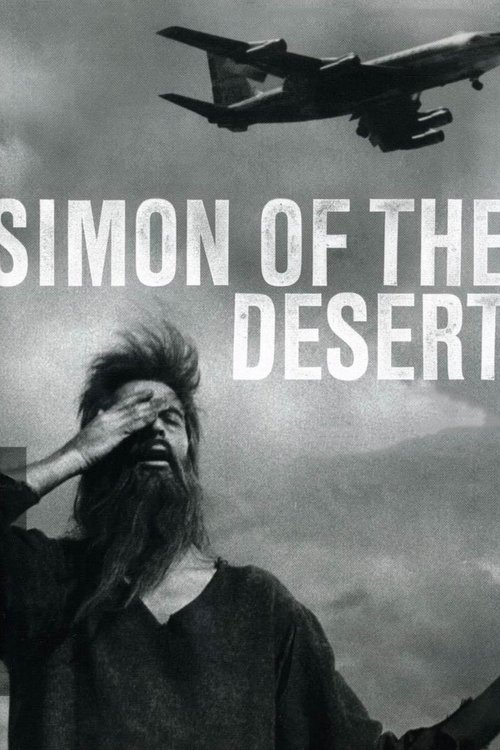
Simon of the Desert
1965
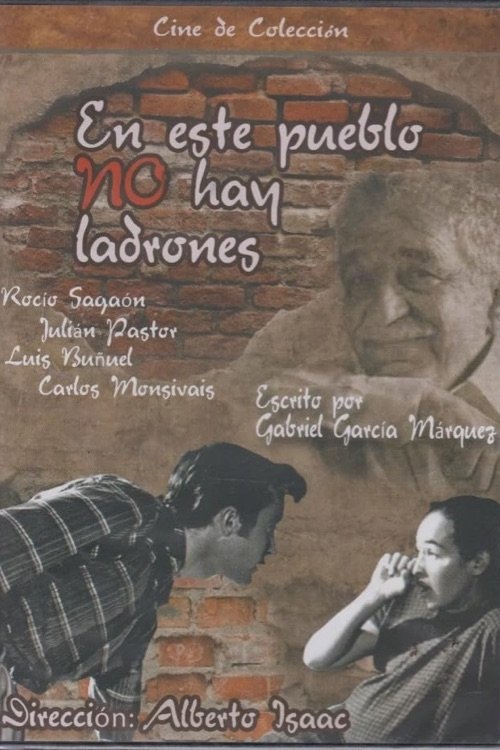
There Are No Thieves in This Village
1965
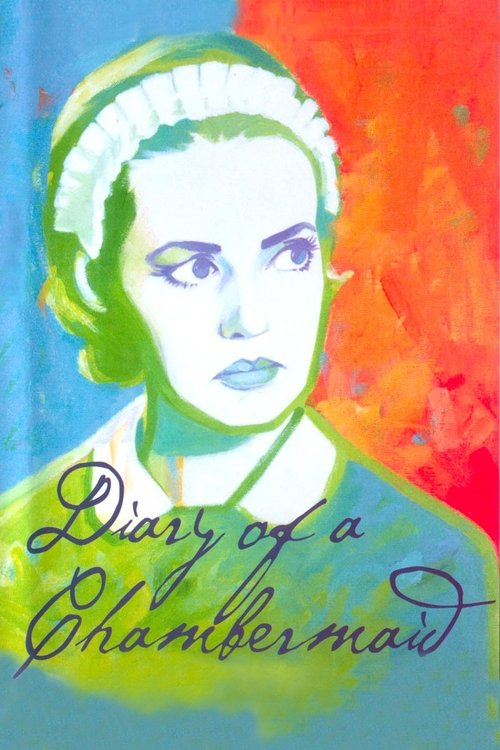
Diary of a Chambermaid
1964

Weeping for a Bandit
1964
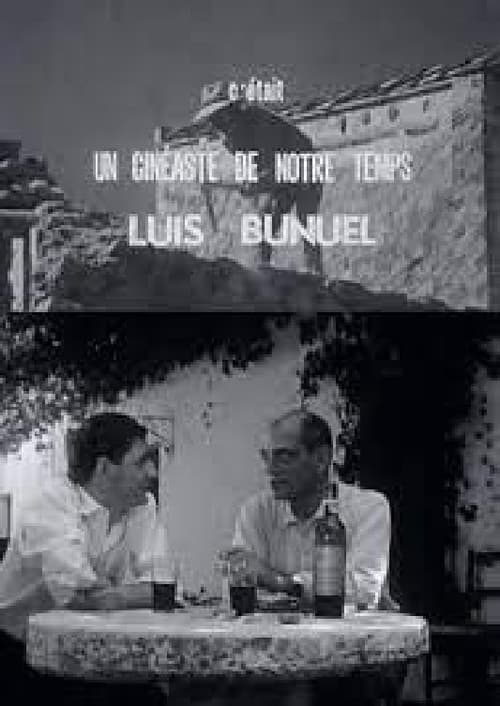
Luis Buñuel : Un cinéaste de notre temps
1964
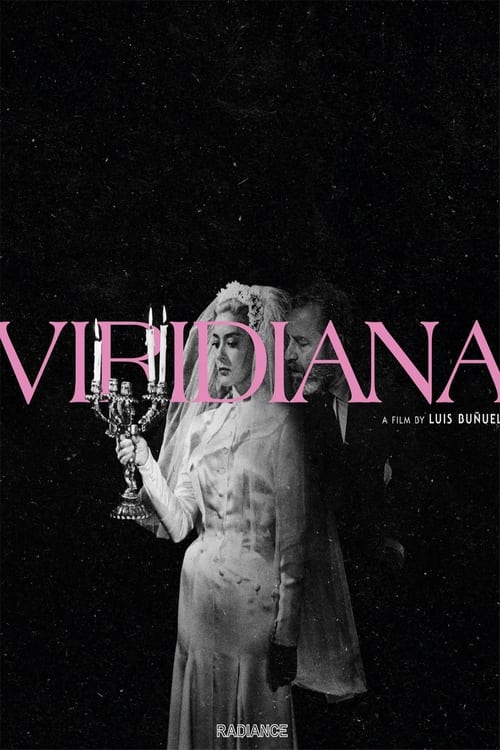
Viridiana
1962
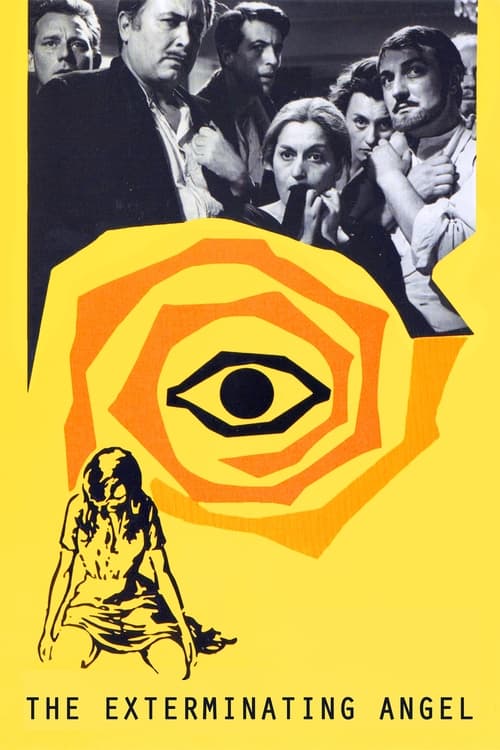
The Exterminating Angel
1962
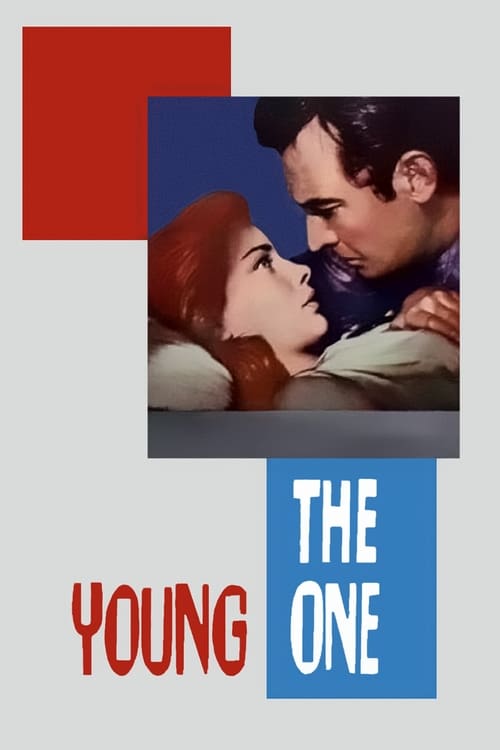
The Young One
1960
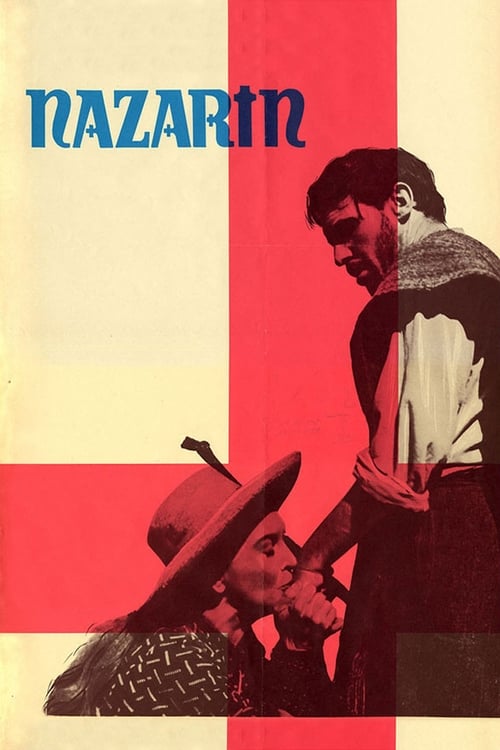
Nazarín
1959
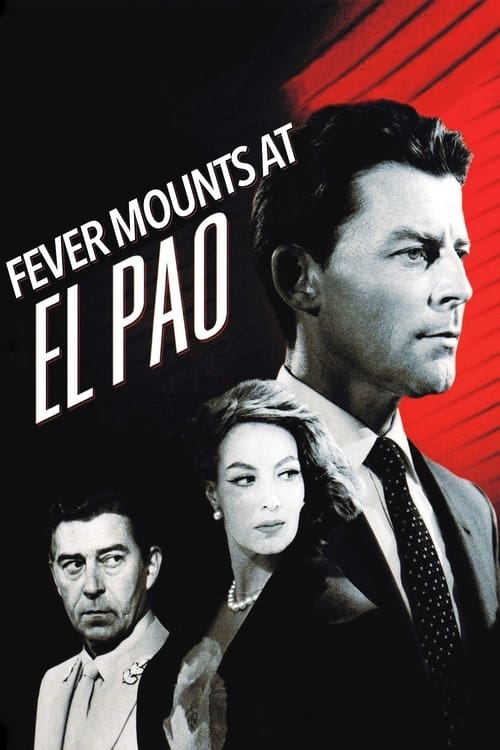
Fever Mounts at El Pao
1959
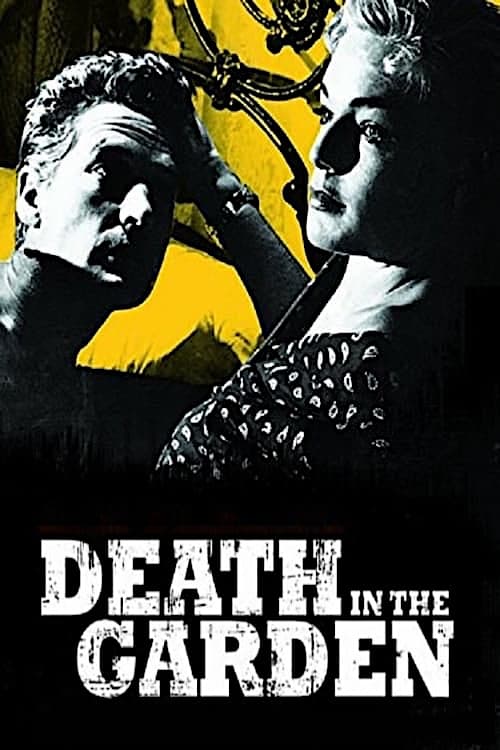
Death in the Garden
1956
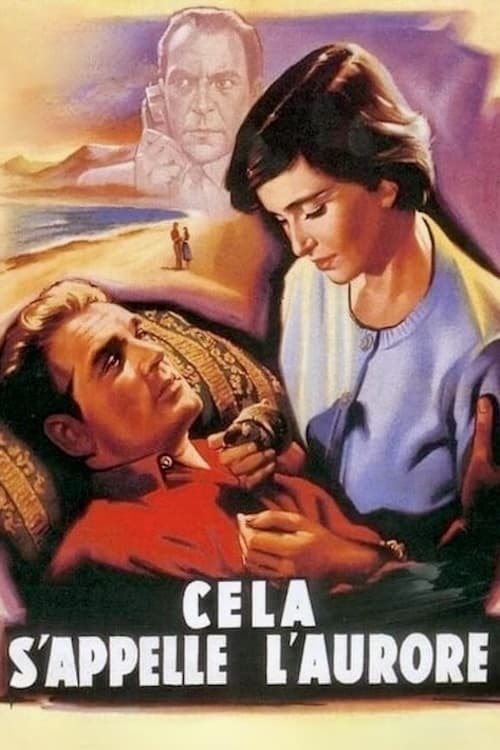
That Is the Dawn
1956
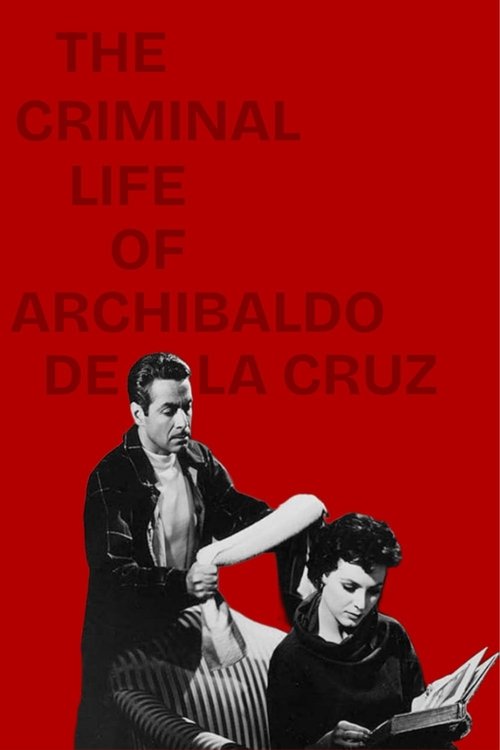
The Criminal Life of Archibaldo de la Cruz
1955
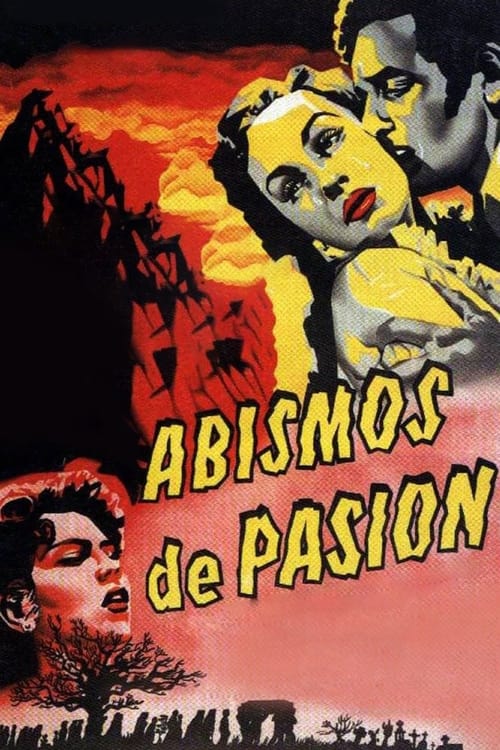
Wuthering Heights
1954
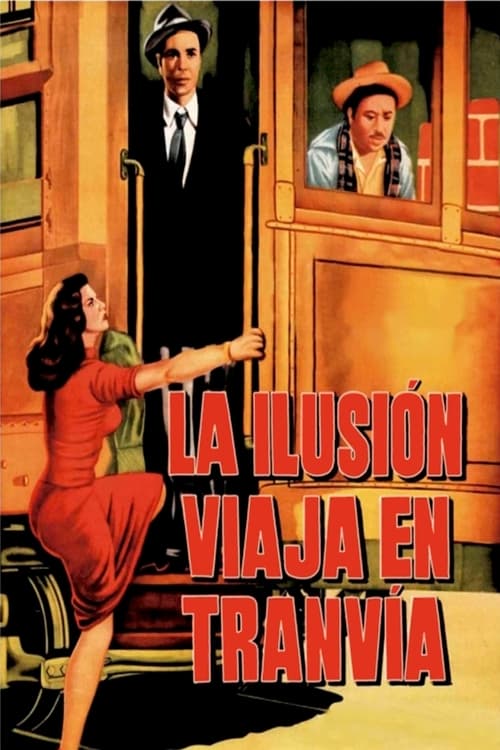
Illusion Travels by Streetcar
1954
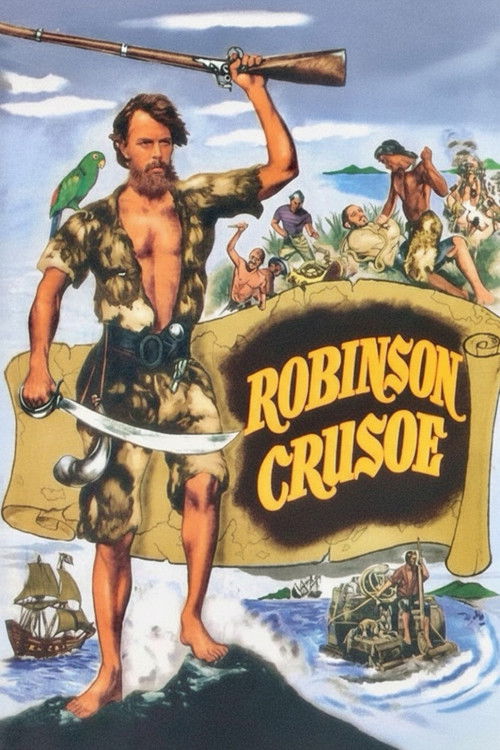
Robinson Crusoe
1954
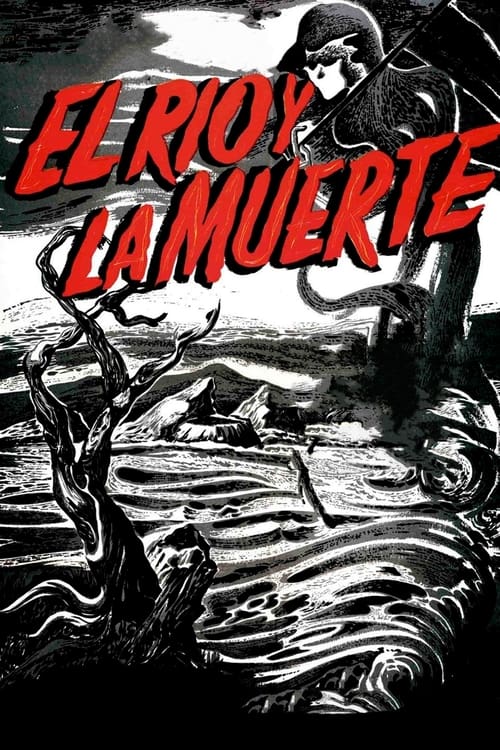
The River and Death
1954

The Brute
1953
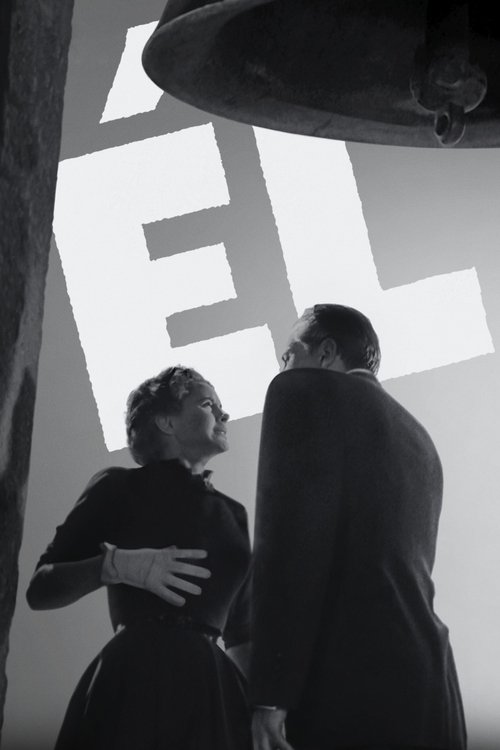
Él
1953
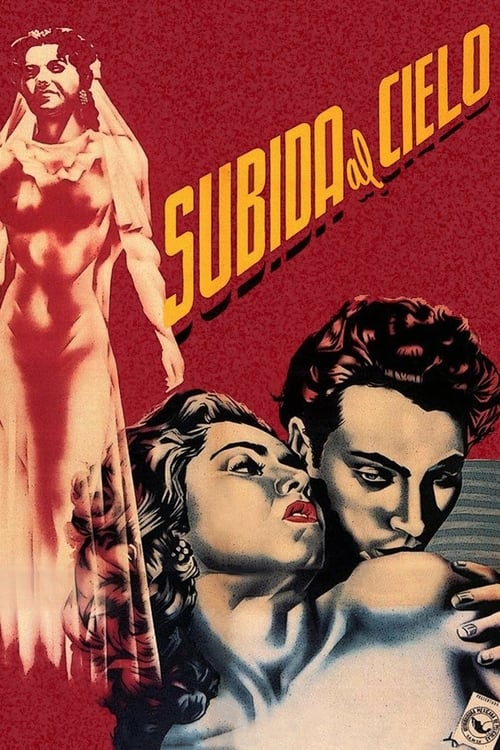
Mexican Bus Ride
1952
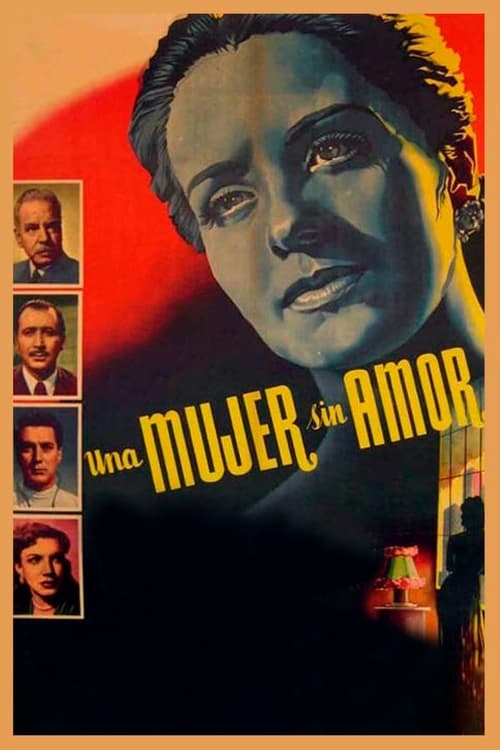
A Woman Without Love
1952
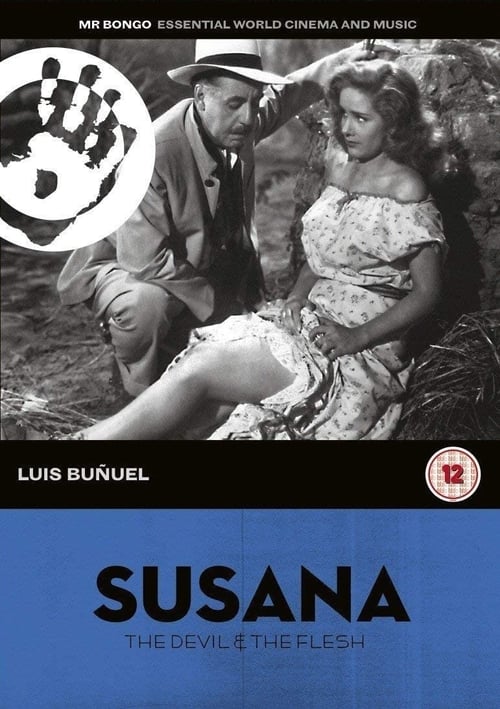
Susana
1951
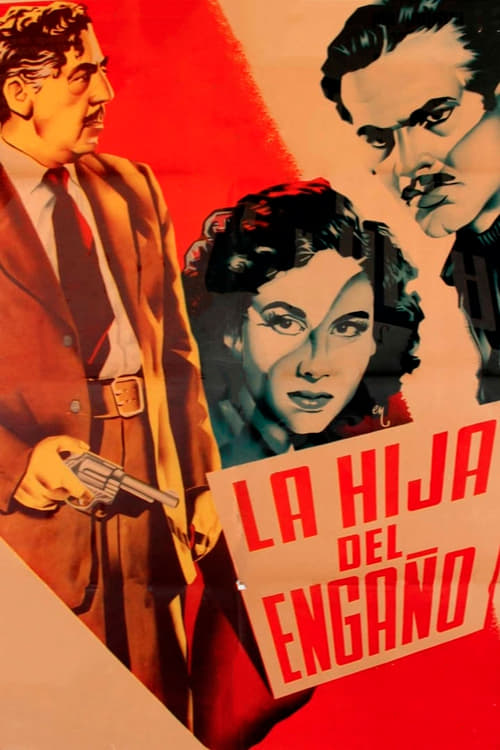
Daughter of Deceit
1951
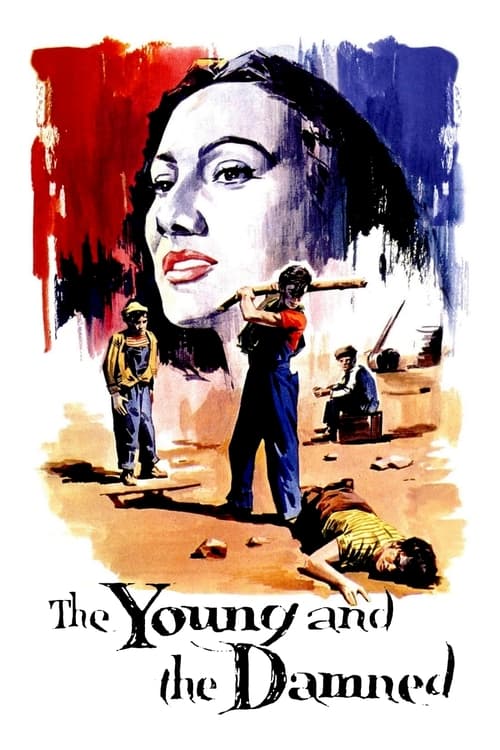
The Young and the Damned
1950
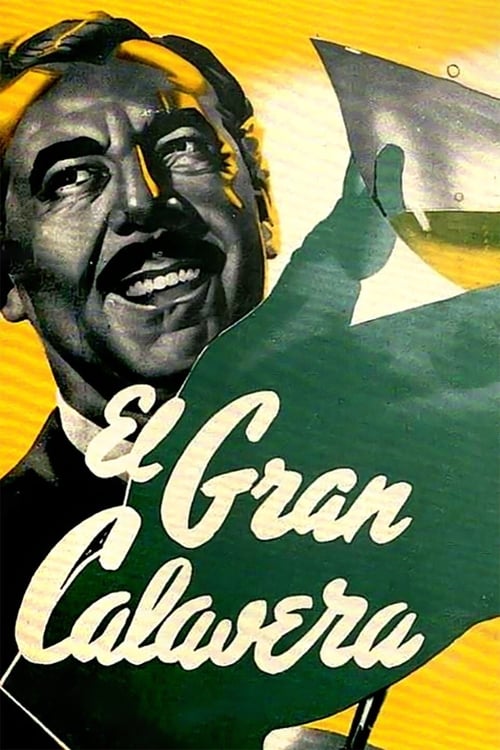
The Great Madcap
1949
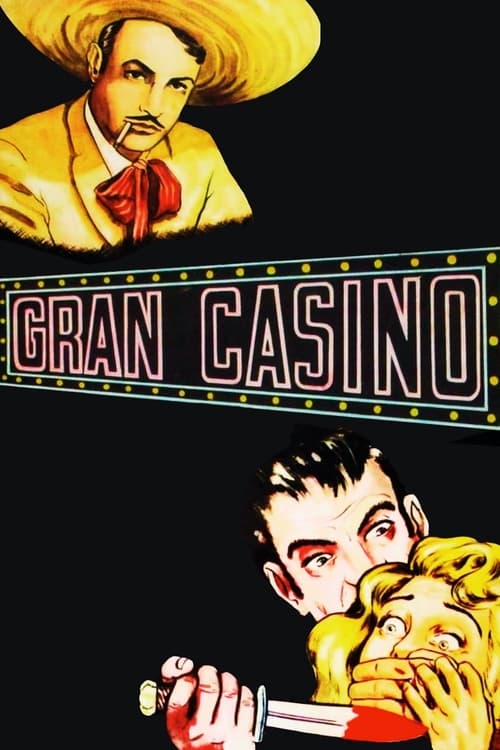
Gran Casino
1947
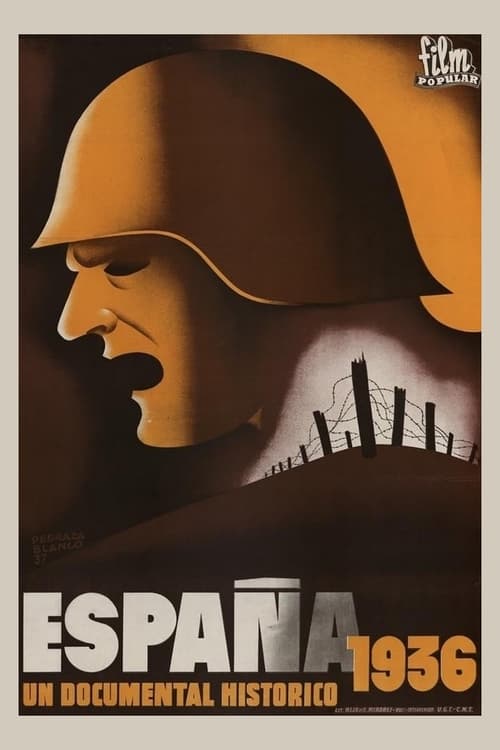
Spain 1936
1937
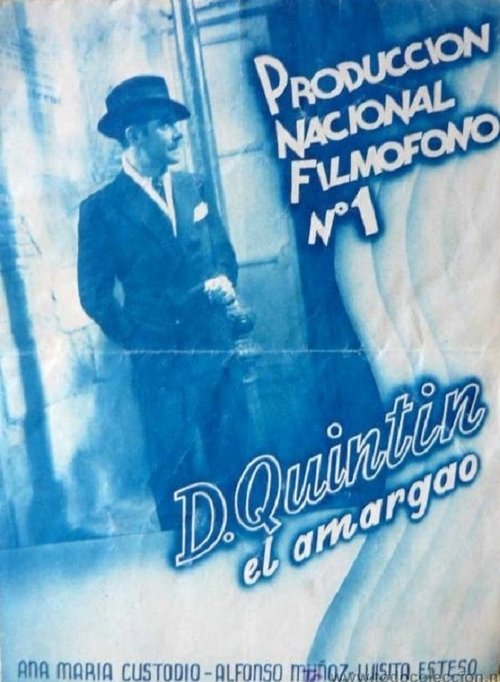
Don Quintín, el amargao
1935

The Daughter of Juan Simón
1935

Land Without Bread
1933
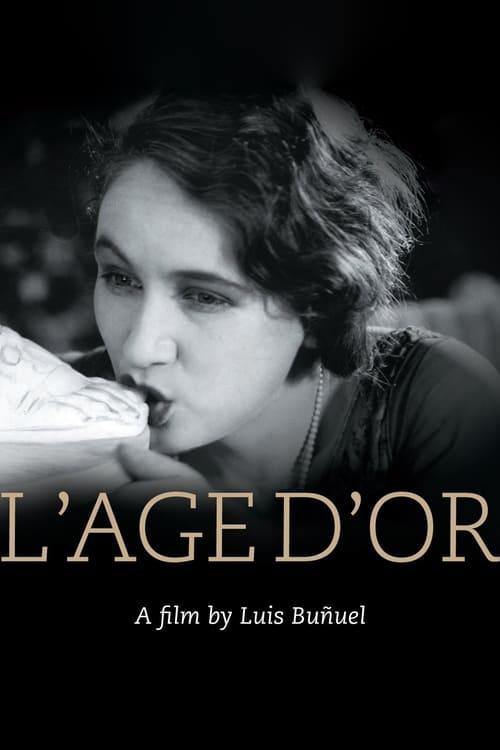
L'Âge d'or
1930
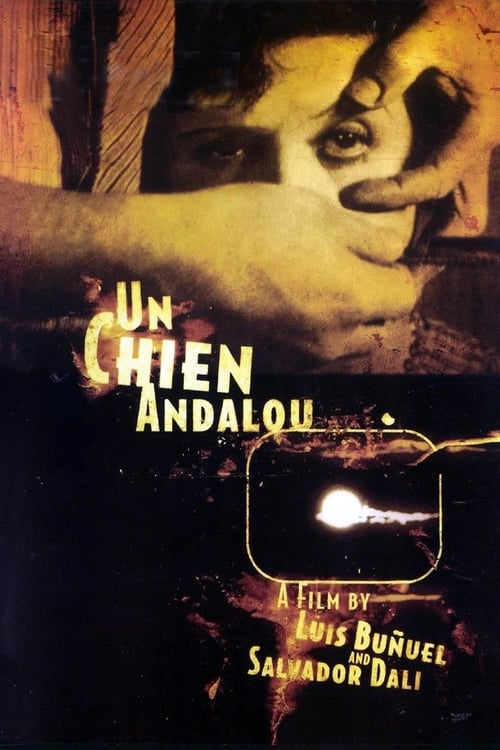
Un Chien Andalou
1929
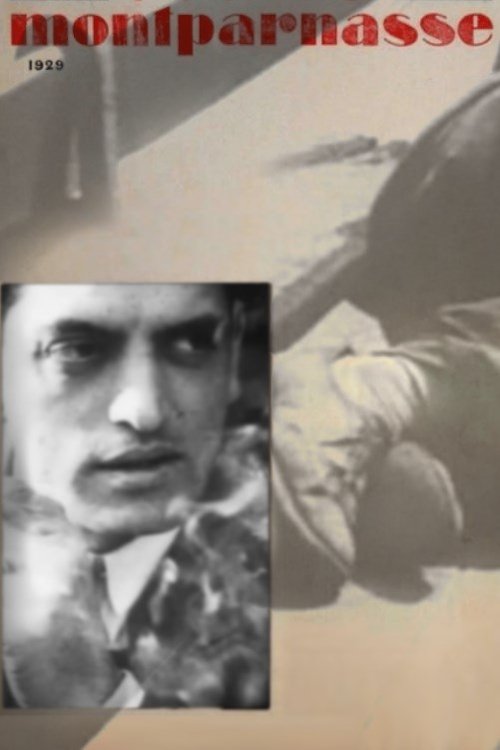
Montparnasse
1929
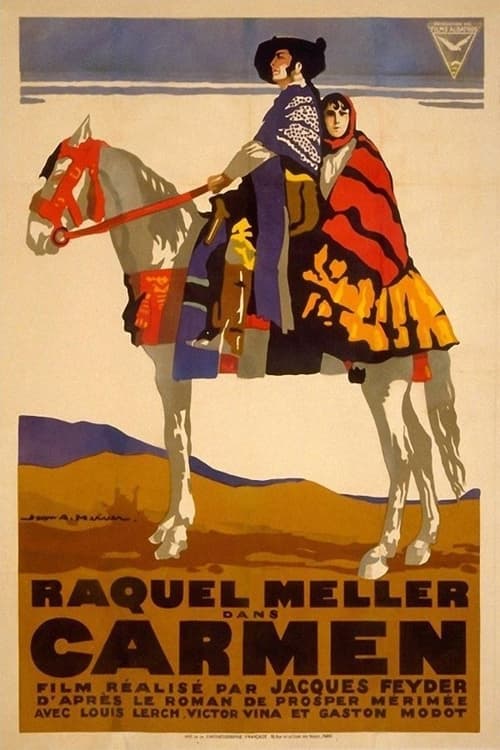
Carmen
1926
